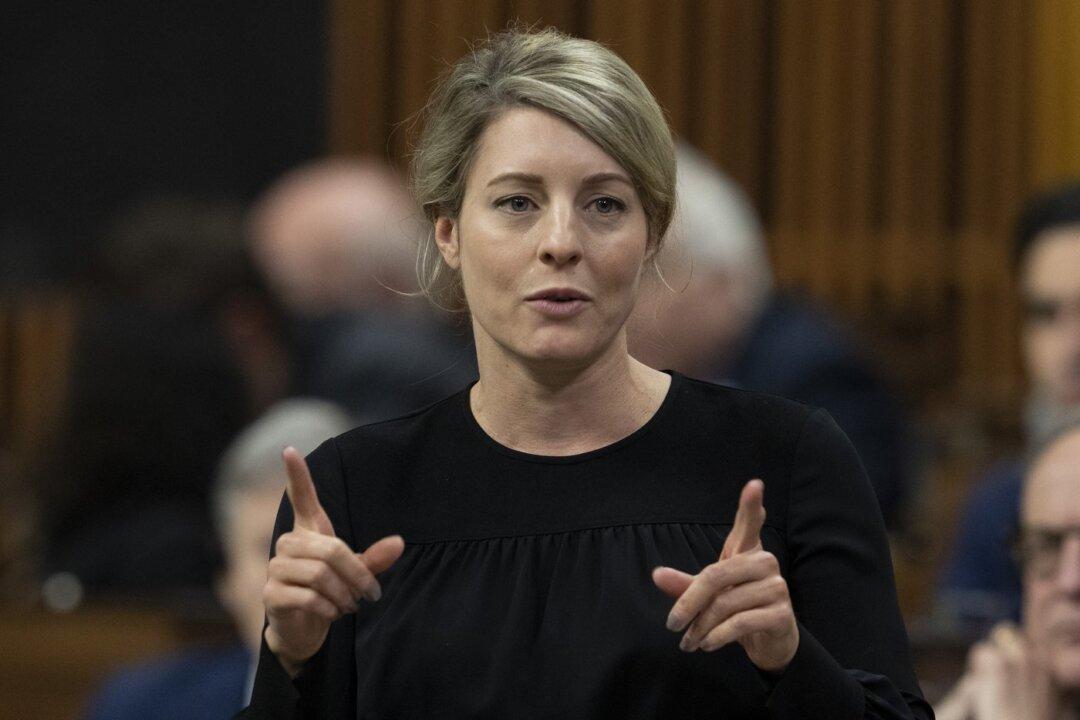About 200 Canadian Armed Forces members and two Hercules aircraft are in the Sudan region, the defence minister says, ready to help evacuate people from the country when conditions permit.
Anita Anand told reporters on her way into the House of Commons that for this to happen, there will need to be space to land at the airport in Khartoum and a way to ensure Canadians are able to get there safely.





